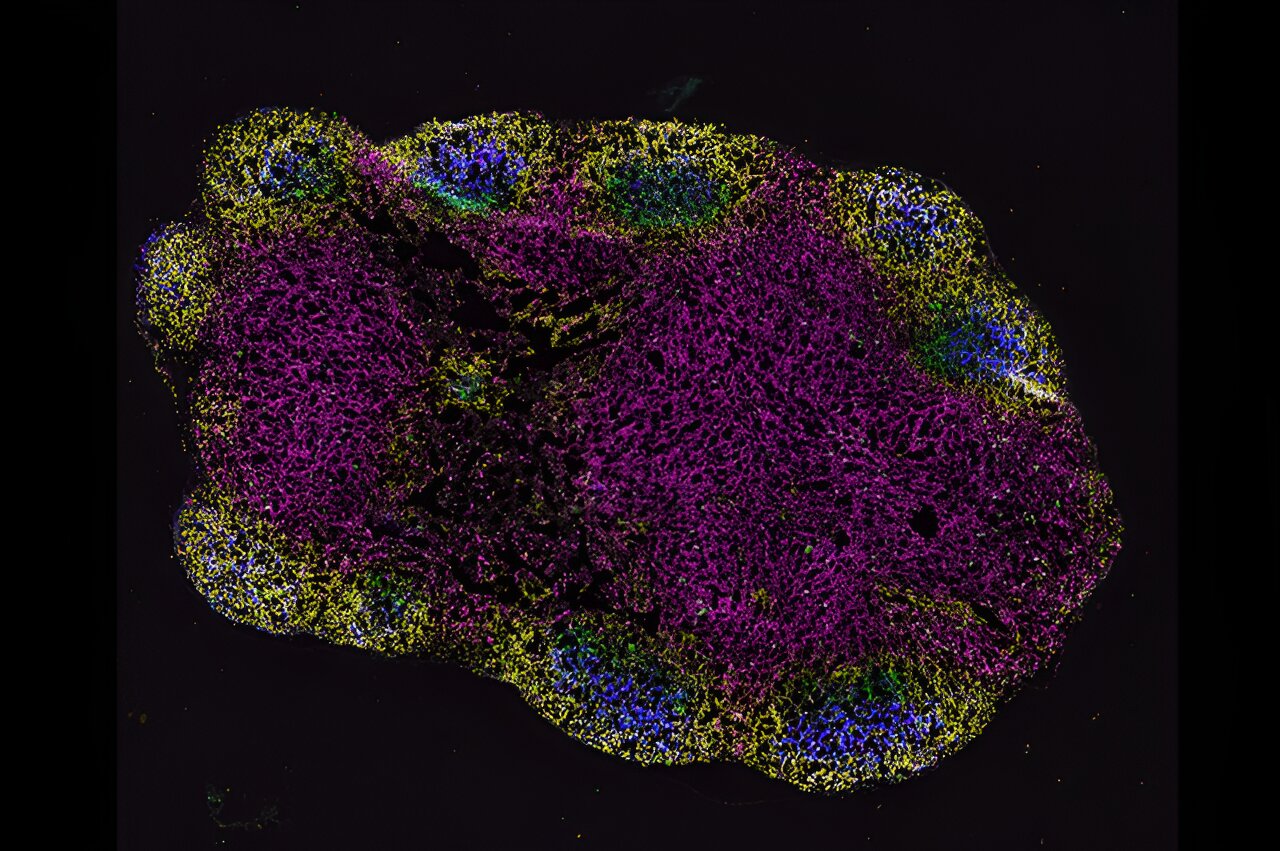Boosting Immunity: New mRNA Technology Promises Longer-Lasting, Lower-Dose Vaccines

The COVID-19 pandemic saw mRNA vaccines emerge as a powerful tool, developed at record speed and saving countless lives. Now, researchers at Boston Children's Hospital have made significant strides in enhancing these vaccines, creating new technologies that could make them more potent and longer-lasting, requiring smaller doses and potentially causing fewer side effects.
The current mRNA COVID-19 vaccines work by instructing cells to produce the SARS-CoV-2 spike protein, enabling the immune system to recognise and combat the virus. However, these vaccines offer limited protection, necessitating frequent booster doses and demonstrating decreased effectiveness in older individuals. Furthermore, they trigger an inflammatory response throughout the body, resulting in side effects.
Seeking to address these shortcomings, the team led by Dr. David Dowling embarked on a quest for a more effective solution. "Current mRNA vaccines lack control in their delivery," explains Dowling. "Immunomodulation is somewhat random and not integrated into the vaccine design. We aimed to address both of these challenges through a rational design approach."
The researchers honed in on a natural immune protein called interleukin-12 (IL-12), known for its potent activation of dendritic cells â crucial first responders in the immune system. These cells activate both helper and killer T cells, providing a supportive environment for B-cell responses and antibody production.
Their latest study, published in *Science Translational Medicine*, focused on a specific form of IL-12, IL-12p70. The team discovered that the currently used BioNTech/Pfizer mRNA vaccine does not induce the production of IL-12p70 in human cells. To overcome this limitation, they engineered a new mRNA that specifically directs cells to produce IL-12p70.
"Our aim was to provide the necessary signal to optimise the immune response," explains Dowling.
This engineered mRNA was designed to function independently or as an adjuvant â a booster â for other vaccines. When administered to mice alongside the BioNTech/Pfizer vaccine, it successfully prompted the production of both the spike protein and IL-12p70.
The adjuvant significantly enhanced multiple aspects of the immune response, not only bolstering antibody production but also increasing cytokine production and immune cell activity â all crucial for effective protection against SARS-CoV-2. Importantly, in older mice, the immune response achieved with the adjuvant was comparable to that seen in younger mice.
This adjuvant-vaccine combination also resulted in more enduring immunity than the existing vaccine alone. Mice receiving the adjuvant exhibited signs of amplified immunity even a year later. While further research is needed, this technology holds the potential to reduce the frequency of vaccine booster doses in humans.
Beyond enhancing immunity, the new mRNA incorporates a second innovative technology â a Multi-Organ Protection (MOP) sequence â designed to minimise side effects.
"The MOP system provides controlled distribution, targeting only the muscle cells where the vaccine is injected," explains Dowling. "This represents a significant advancement and a departure from conventional methods."
Although the mRNA does travel to cells throughout the body, the MOP sequence ensures that it only exerts its effect on muscle tissue. This was confirmed through testing in mice, where the MOP sequence was observed to bind to microRNAs within cells in other tissues, signalling them to recycle the mRNA and prevent it from producing IL-12p70.
The MOP sequence proved compatible with mRNA encoding the SARS-CoV-2 spike antigen and amplified the effects of the IL-12p70 mRNA, eliciting an immune response in both mice and hamsters.
Furthermore, due to the potency of boosting IL-12p70 production, significantly lower doses of the BioNTech/Pfizer mRNA vaccine were needed to stimulate a robust immune response. This could be instrumental in ensuring adequate vaccine supply in the event of urgent need.
"Our technology allows us to reduce the vaccine dose while achieving the same level of immune response," explains Brook. "This is crucial for expanding the accessibility and utilisation of mRNA vaccines."
The team envisions this technology being adaptable for other mRNA vaccines under development, such as those for influenza. Alternatively, their mRNA could be administered as an adjuvant alongside existing vaccines. Their research has progressed to testing in primates, whose immune systems more closely resemble those of humans, with the ultimate goal of initiating a Phase 1 clinical trial.
This breakthrough in mRNA vaccine technology holds significant promise for future vaccine development, offering the potential for more potent, longer-lasting protection with reduced doses and potentially fewer side effects. This research could revolutionise vaccine strategies, paving the way for a healthier and more protected future.





